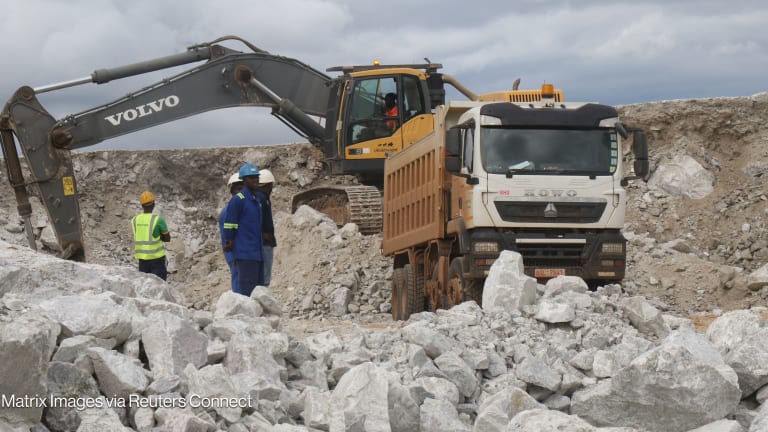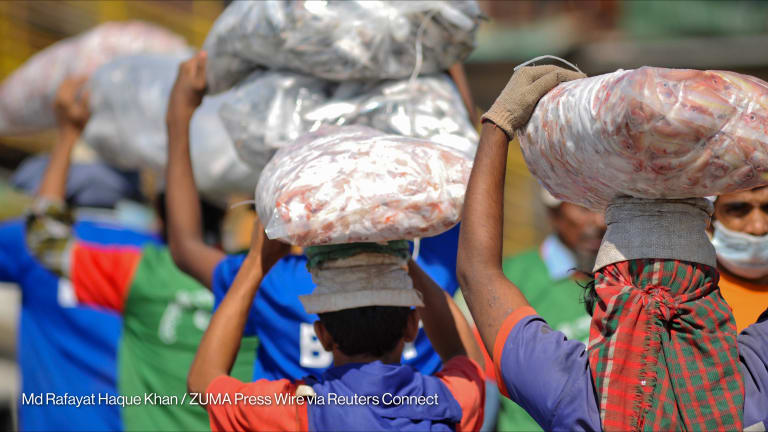Opinion: Make climate finance inclusive for just transition to net zero
The Summit for a New Global Financing Pact taking place this week has the ambition to deliver new solutions for increased financing, fiscal effectiveness, indebtedness, and private sector engagement. It is paramount that international cooperation efforts at the summit targeted at interventions in the food sector define what a just transition is and how innovative financial instruments and capacity building can achieve sustainable food systems.
The French-hosted summit will bring together stakeholders across climate, development, and finance. The impact of these decisions will have significant impacts on the rural poor, especially smallholder farmers. These farmers, who cultivate only a quarter of the world's agricultural land, are responsible for producing approximately one-third of the world's food, thereby supporting around 2 billion people.
Equity must be built into the DNA of any proposed policy solution from the beginning. We know that global crises disproportionately impact the poorest in society and that roughly 67% of the populations of low-income countries and 60% of lower-middle-income countries are rural.
Search for articles
Most Read
- 1
- 2
- 3
- 4
- 5









